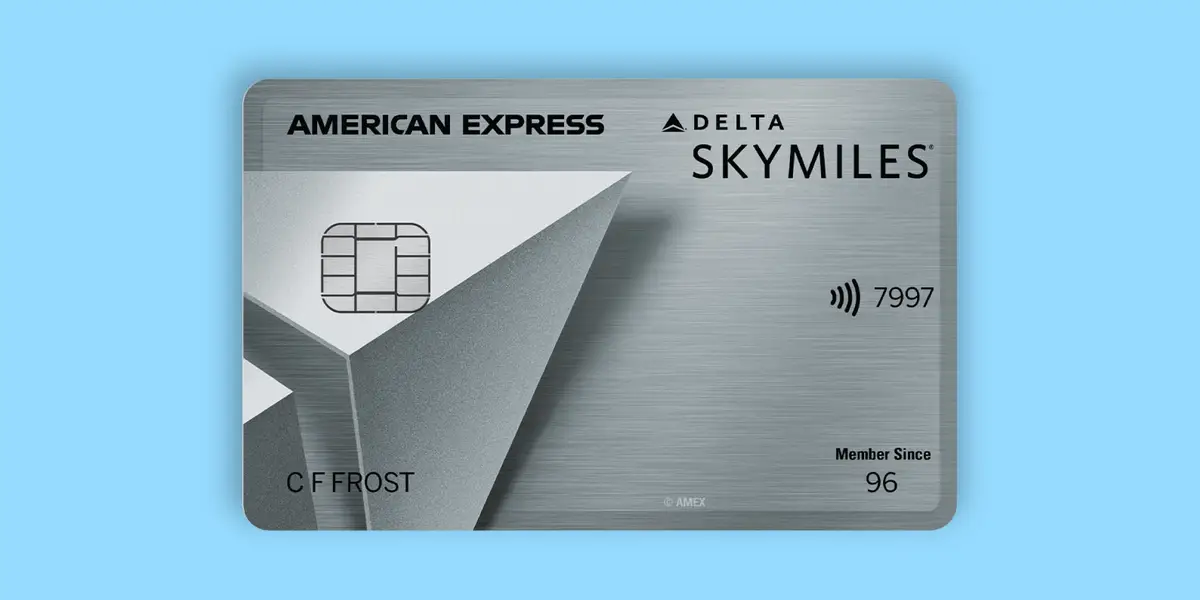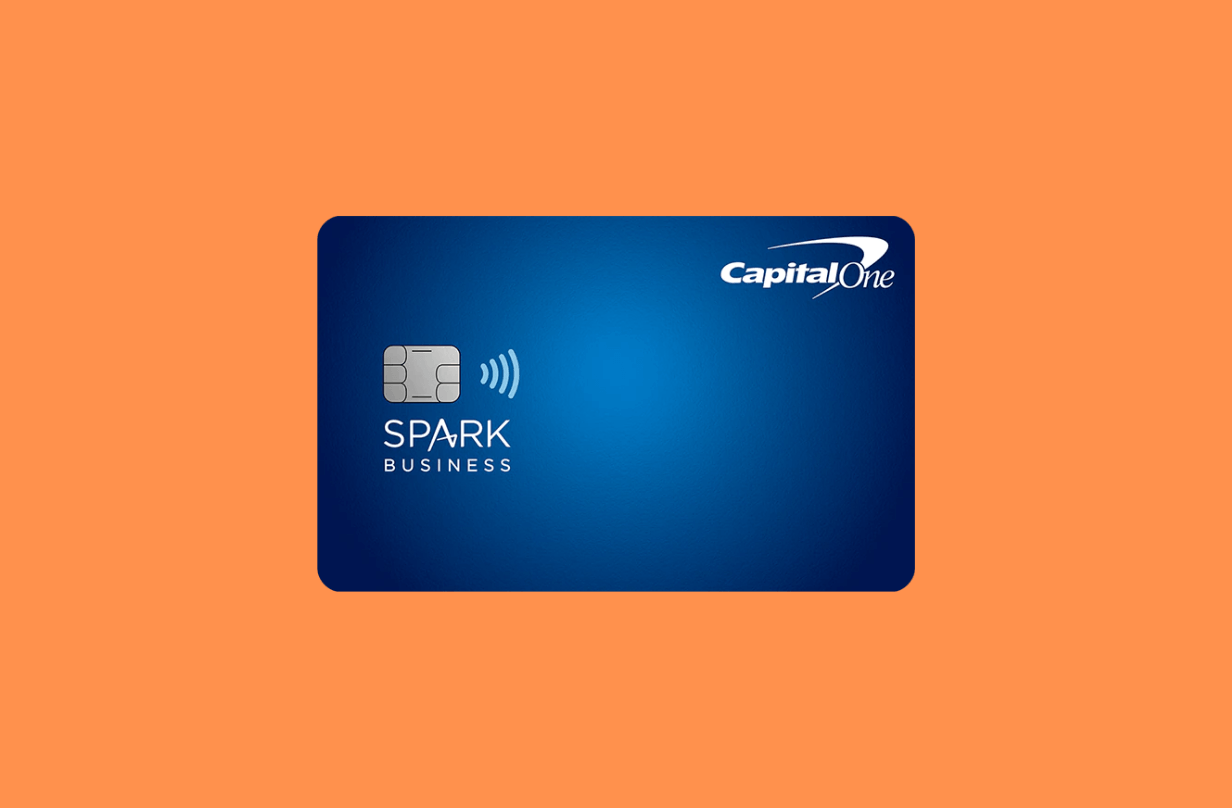How to Choose the Ideal Credit Card for College Students

Understanding Credit Card Features for College Students
Navigating the world of credit cards can be daunting, especially for college students. With so many options available, it’s vital to understand what features to look for. A well-chosen credit card can provide financial flexibility while helping to build a strong credit history.
Key Factors to Consider
When assessing the right credit card, consider the following factors:
- Interest Rates: One of the most critical aspects of a credit card is its annual percentage rate (APR). Look for cards with low APRs to minimize costs, particularly if you might carry a balance. For instance, a card with a 12% APR is more advantageous than one with a 24% APR, as this means you’ll pay less in interest over time. If you intend to pay off your balance in full each month, the APR may be less of a concern, but it’s still wise to know what you’re signing up for.
- Rewards Programs: Many credit cards offer rewards programs that can be particularly enticing for students. Some cards provide cash back on purchases or points for travel, groceries, or dining out. For example, a card might offer 1.5% cash back on all purchases, which can add up over time. If you frequently shop at specific retailers, consider a card that gives extra rewards for those purchases to maximize your benefits.
- No Annual Fees: Another important feature is whether the card charges an annual fee. Many student credit cards waive annual fees, making them a budget-friendly option. For example, a card that charges no annual fee means you can focus on making purchases and building your credit without worrying about upfront costs.
Reputation of the Credit Card Issuer
Additionally, it’s essential to evaluate the credit card issuer’s reputation. Research customer service reviews online, as good customer service can be invaluable, especially when handling issues or disputes. Some issuers may offer tailored support for students, ensuring more accessible assistance when you need it.
Empowering Yourself for Financial Success
By approaching the credit card selection process thoughtfully, college students can set themselves up for financial success. Understanding these elements empowers you to make informed decisions that align with your financial goals. This includes recognizing how credit scores work and how timely payments can positively influence your credit history.
In conclusion, a well-selected credit card can open doors to financial freedom while teaching essential money management skills. Take your time to research and compare different options to find the perfect credit card that meets your needs and helps lay the foundation for a solid credit future.
DON’T MISS: Click here to discover how technology transforms financial risk management
Essential Considerations When Choosing a Credit Card
As college students embark on their journey towards financial independence, selecting the right credit card is a crucial step. Understanding the various features and terms associated with credit cards can empower students to make wise financial decisions. Here are some additional key considerations to help in selecting the ideal credit card.
Understanding Credit Limits
Credit limits refer to the maximum amount of money a cardholder can charge to their credit card. For students, it’s essential to choose a card with a manageable credit limit. A lower credit limit can help prevent overspending, thereby encouraging responsible usage during college when budgets can be tight. Look for cards that offer modest limits that align with anticipated spending patterns, which can help establish healthy financial habits.
Fees and Penalties to Watch For
In addition to understanding interest rates, it is vital to be aware of any potential fees that can accompany credit cards. Some common fees that students should watch for include:
- Late Payment Fees: If you miss a payment deadline, you might incur a late fee. Staying organized with your bills or setting up reminders can help avoid these costs.
- Foreign Transaction Fees: If you plan to study abroad or travel internationally, look for cards that do not charge foreign transaction fees, which can typically be around 3% of each purchase.
- Balance Transfer Fees: If you ever need to transfer debt from another card, some credit cards charge a fee for balance transfers. Understanding these fees ahead of time can save you money in the long run.
The Importance of Credit Score Awareness
Understanding the importance of your credit score is paramount. Your credit score is a reflection of your creditworthiness and plays a significant role in future financial endeavors such as renting an apartment or securing a loan. Timely payments, keeping your credit utilization low, and regularly monitoring your score can contribute positively. Familiarizing yourself with how credit scores are calculated will allow you to manage your credit card usage effectively, leading to a brighter financial future.
In summary, choosing the right credit card involves more than just low interest rates; considering credit limits, fees, and the implications for your credit score are equally essential. By equipping yourself with knowledge about these elements, you can make informed choices that put you on the path to financial success while enjoying the flexibility that comes with owning a credit card.
LEARN MORE: Click here for insights on ETF investing
Rewards Programs and Benefits
When selecting a credit card, college students should consider cards that offer rewards programs tailored to their lifestyle. Many credit cards provide rewards for everyday purchases such as groceries, dining out, and gas, which can be particularly useful for students living on a budget. Understanding the nature of these rewards can help you maximize your benefits while minimizing costs.
Types of Rewards
There are typically three main types of rewards programs:
- Cash Back: Some credit cards offer a percentage of cash back on purchases. For example, a card might offer 1.5% cash back on all purchases, or higher percentages in specific categories such as 3% back on groceries or dining. This can be a great way to gain a little extra money from purchases you’re already making.
- Points: Other cards provide points for each dollar spent, which can be redeemed for travel, gift cards, or merchandise. Accumulating points can be advantageous for students who travel during school breaks or wish to treat themselves to rewards.
- Travel Miles: If you plan to travel, consider a card that offers travel rewards. These cards often provide points that can be used for flights, hotel stays, or car rentals. Some may also offer additional travel benefits such as free checked bags or priority boarding.
Additional Benefits and Features
Apart from rewards, it’s essential to look for additional benefits that can add value to your credit card experience. Some features that might be beneficial for college students include:
- No Annual Fee: Many student-friendly credit cards do not charge an annual fee, which can make a significant difference in your overall costs. This feature can help students maximize their rewards without incurring more expenses.
- Introductory Offers: Look out for promotional offers that provide a bonus if you meet a certain spending threshold in the first few months. For instance, earning $200 bonus cash back after spending $500 in the first three months can be a good incentive.
- Purchase Protection: Some credit cards offer purchase protection or extended warranties on items bought with the card. This might be useful for students who invest in electronics or textbooks, providing peace of mind with valuable purchases.
Flexibility and Payment Options
Lastly, consider the flexibility the credit card offers regarding payment options. Some cards allow you to set up automatic payments or flexible payment plans, making it easier to manage your monthly expenses. Opting for a card that offers online account management tools can greatly assist in tracking spending, making payments, and understanding your billing cycle.
Choosing the right credit card involves assessing rewards, benefits, and payment flexibility that align with your personal spending habits and financial goals. By understanding these factors, you can select a credit card that not only provides necessary financial support but also offers valuable rewards, helping you make the most of your college experience.
LEARN MORE: Click here to align your budget with your goals
Final Thoughts on Selecting the Right Credit Card
Choosing the ideal credit card as a college student is an important step towards building a solid financial foundation. By carefully evaluating various factors, you can find a card that aligns with your spending habits and financial goals. Start by considering rewards programs that suit your lifestyle, such as cash back on everyday expenses or travel rewards for future adventures. Be sure to look for additional benefits like no annual fees and introductory offers that can amplify your rewards right from the start.
Moreover, understanding the flexibility of payment options will help you manage your finances more effectively. Whether it’s the capability to set up automatic payments or utilizing online management tools, these features can significantly ease the responsibility of monitoring your credit card usage and payments. Also, consider taking the time to read the fine print; being informed about interest rates and fees can protect you from any unexpected costs in the future.
In conclusion, the right credit card can be more than just a means to cover expenses; it can serve as a powerful financial tool that rewards your everyday purchases while helping you build a healthy credit history. Make informed decisions, stay within your budget, and remember to pay your balance on time to make the most of your credit card experience throughout your college years and beyond. Your financial future starts now, so choose wisely!


